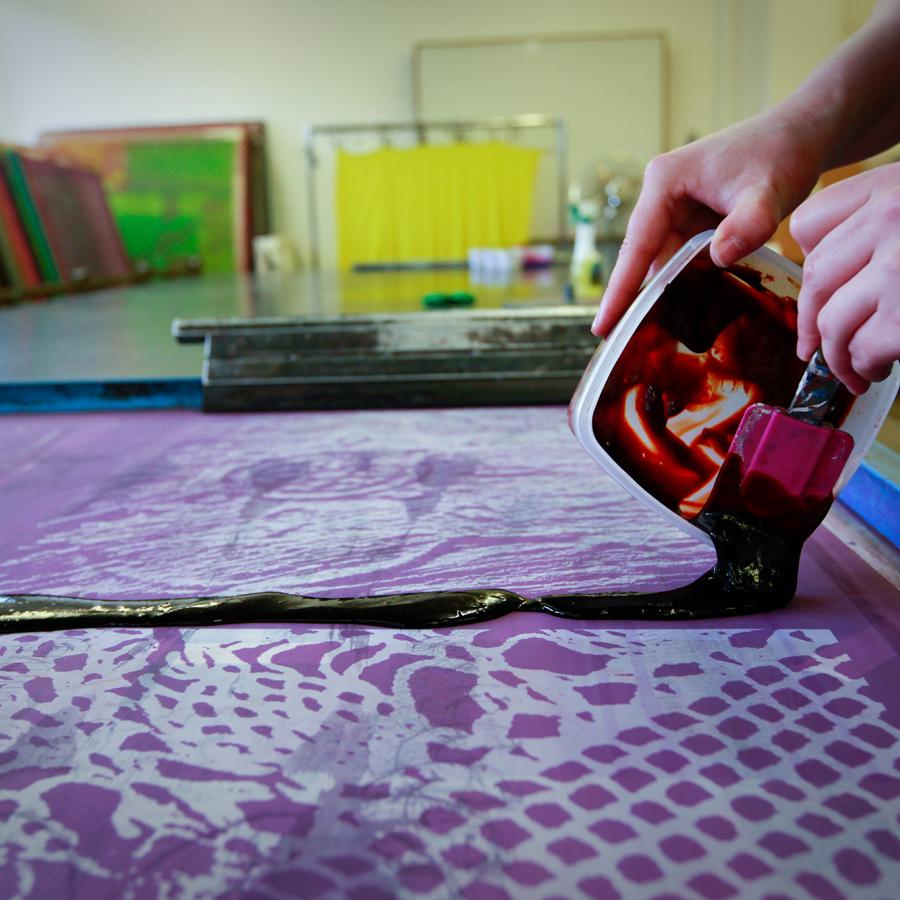Graphic design graduates work in a wide range of creative careers. The variety of skills and approaches you will learn on our programme can be applied to many disciplines.
Typically, our graduates become valuable members of a graphic design community locally, nationally and internationally.
We produce graduates who are aware of career possibilities in graphic design and related fields. Our programme enables you to build extensive links with the professional world through:
- industry-led projects
- staff research
- staff contacts
- visiting lecturers and mentors
Career paths
Career paths include:
- design for print
- digital design
- retail design or packaging
- interaction, exhibition or experiential design
- advertising and marketing
- design research
- multimedia
- design management
- education
Most graduates seek employment within a design studio.
Others choose to:
- set up as freelancers
- start their own business
- study at postgraduate level
Careers Service
Our Careers Service can help you to fully develop your potential and achieve your future goals.
The Careers Service supports you not only while you are studying at the University, but also for up to two years after you finish your studies.
With the Careers Service, you can:
- access digital resources to help you understand your skills and strengths
- try different types of experiences and reflect on how and what you develop
- get help finding work, including part-time jobs, vacation work, internships and graduate jobs
- attend careers events and practice interviews
- get information and advice to help you make informed decisions
Visit the Careers Service website
Further study
After you complete your programme, you may want to go onto further study at Edinburgh or a different university. You could progress to:
- a masters degree
- a postgraduate diploma or certificate
- a PhD
- a second undergraduate degree
Find out about options for further study
Postgraduate degrees you might be interested in could include:











